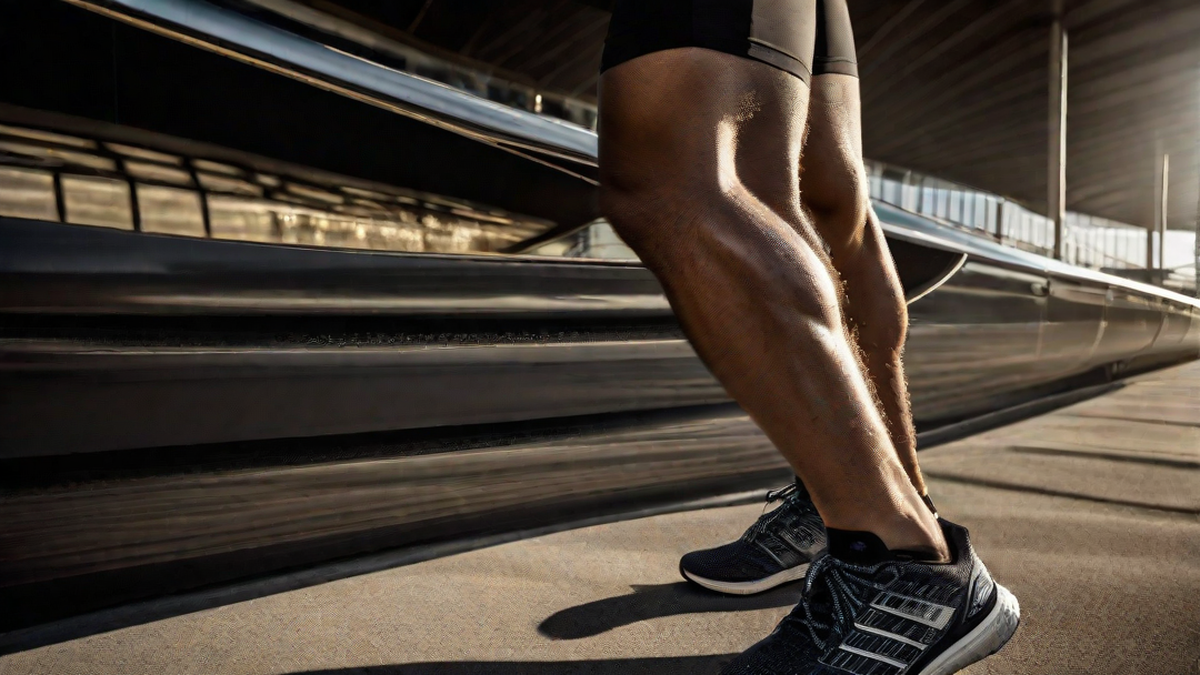Running is a great way to stay fit and active, but it can sometimes lead to knee pain and discomfort. As someone who loves to run, I understand how frustrating it can be to deal with knee pain after a run. That’s why I’ve done my research and gathered some tips and tricks to help you stop your knees from hurting after running.
1. Warm-up and Stretch
Before you hit the pavement, it’s important to warm up your muscles and stretch properly. Start with a brisk walk or light jog for 5-10 minutes to get your blood flowing and your muscles warmed up. Then, perform dynamic stretches such as leg swings, walking lunges, and high knees to target the muscles around your knees.
2. Strengthen Your Leg Muscles
Having strong leg muscles can help support your knees and reduce the risk of pain and injury. Incorporate exercises like squats, lunges, leg presses, and calf raises into your workout routine to build strength in your quads, hamstrings, and calves. Strong muscles provide better stability and protection to your knee joints.
3. Invest in Proper Running Shoes
Wearing the right pair of running shoes is crucial for protecting your knees. Make sure to choose shoes that provide adequate cushioning and support for your feet. Consult with a professional at a specialty running store who can analyze your running gait and recommend the best shoes for your specific needs.
4. Gradually Increase Your Mileage
One common cause of knee pain in runners is overtraining or increasing mileage too quickly. Avoid pushing yourself too hard and gradually increase your running distance and intensity. Allow your body enough time to adapt and recover between runs. This will help prevent excessive stress on your knees and reduce the risk of pain or injury.
5. Cross-Train and Rest
Running can be demanding on your knees, so it’s essential to give them some time to rest and recover. Include cross-training activities such as swimming, cycling, or yoga in your fitness routine to strengthen different muscle groups without putting excessive strain on your knees. Also, make sure to incorporate rest days into your training schedule to allow your body to heal and rejuvenate.
6. Listen to Your Body
Pay attention to any signs of discomfort or pain during your runs. If you experience knee pain or swelling, it’s crucial to listen to your body and take a break. Continuing to run through pain can exacerbate the issue and lead to a more serious injury. Rest, ice your knees, and consult with a healthcare professional if the pain persists.
Conclusion
Knee pain after running can be a common issue, but there are steps you can take to alleviate and prevent it. By following these tips, you can help strengthen your leg muscles, reduce the impact on your knees, and keep running without pain. Remember to always prioritize your body’s health and give yourself ample time to rest and recover. Happy running!

